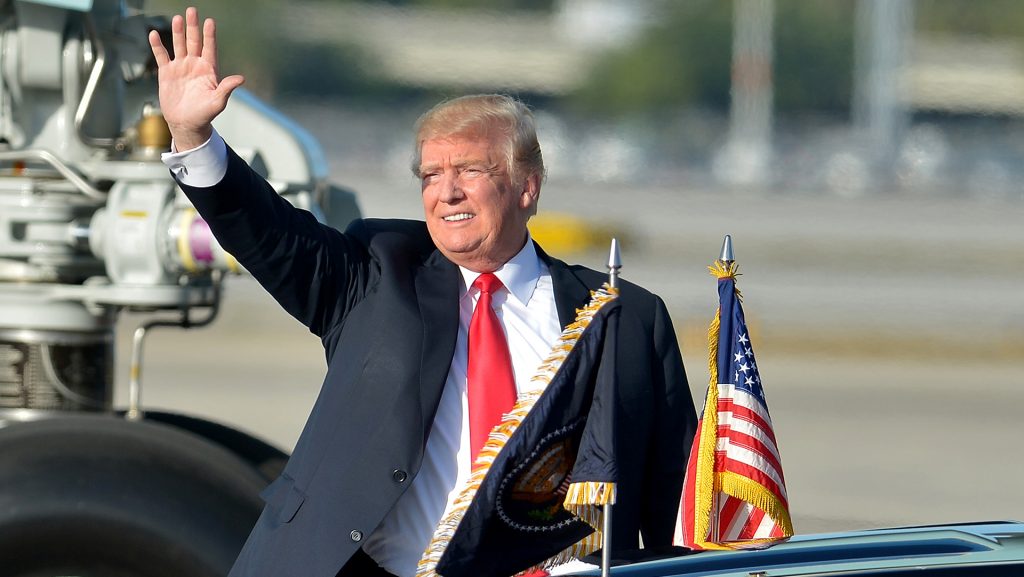The U.S. Supreme Court ruled on June 26 to uphold President Donald Trump’s travel ban in a 5-4 decision.
The latest version of Trump’s travel ban restricts travel from seven countries: Iran, North Korea, Syria, Libya, Yemen, Somalia, and Venezuela with varying degrees of restrictions. Five of these countries have primarily Muslim populations.
Omar Ismail, the vice president of the UI Muslim Student Alliance, said that while he understands the need for security, he finds Trump’s policy of blocking entry to the U.S. discriminatory.
“These countries have a lot of amazing people, smart people,” Ismail said.
His father grew up in Yemen, Ismail said, which was a war zone at the time. In the U.S., he works as a senior medical physicist and is loved by his patients.
“There’s so much potential to make the country better bringing in a bunch of amazing individuals,” Ismail said.
UI Dean of International Programs Downing Thomas said during the 2017-18 academic year, there were 72 UI students from the affected countries, excluding North Korea and Somalia. He noted that while the students are from these countries, they themselves may not be affected by the recent ruling.
“As long as they remain in status and don’t leave the U.S., with their visas current, they are not affected per se,” Thomas said. “If they travel outside the U.S. or their visas expire, they do need to take additional steps that weren’t previously necessary.”
UI Assistant Vice President for External Communications Jeneane Beck said the university will continue to work with community members who are affected by the order. The UI offers various legal and support resources for students, faculty, and staff.
“Every student, regardless of their background or country of origin, is welcome in our community,” Beck said in an email to The Daily Iowan. “They bring perspectives and experiences that, taken together, enrich the educational experience and prepare UI students to thrive in their lives and careers.”
As part of Trump’s March 2017 executive order, a worldwide review was conducted to determine what additional information was needed from foreign countries to assess whether their nationals coming to the U.S. posed a security threat.
RELATED: Rally condemns Trump ban
From there, the secretary of Homeland Security, in consultation with the secretary of State and the attorney general, determined some countries did not meet requirements established by Homeland Security for identity-management and information-sharing capabilities, protocols, and practices.
Critics of the travel ban cite Trump’s anti-Muslim rhetoric while on the campaign trail prior to his election as well as his posts on social media to argue his ban stems from his discriminatory attitude.
“This repackaging does little to cleanse Presidential Proclamation No. 9645 of the appearance of discrimination that the president’s words have created,” Supreme Court Justice Sonia Sotomayor wrote in a dissenting opinion joined by Supreme Court Justice Ruth Bader Ginsburg. “Based on the evidence in the record, a reasonable observer would conclude that the proclamation was motivated by anti-Muslim animus.”
In the majority opinion, Supreme Court Chief Justice John Roberts wrote that the countries included in this policy make up 8 percent of the world’s Muslim population and were previously designated as posing national-security risks.



